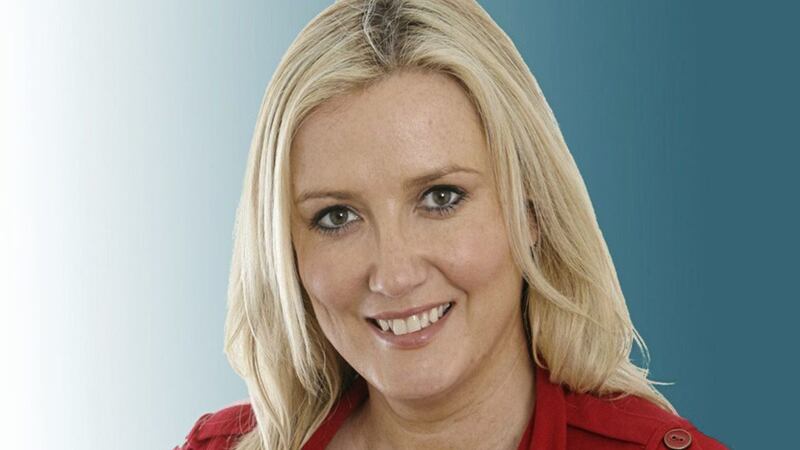It's easy to become desensitised to political scandals in this place.
The form of mandatory coalition that was essential to securing the Good Friday Agreement was never intended to be this long term and as it turns out is not conducive to a functioning and effective democracy.
In the ten years of government we did have, little in the way of legislation was passed and political scandals were played down by parties who relied on each other to stay in power.
That the one scandal that did manage to collapse the assembly, the RHI overspend, occurred during a brief period when there was an opposition in place is an entirely relevant point.
That politicians from parties other than the DUP and Sinn Féin did not have ministers in the executive and therefore did not then need to keep the very unstable house of cards upright for their own political survival no doubt helped keep RHI in the news cycle for longer.
It was only through keeping it in the news agenda that public outrage built up through time and Sinn Féin under the leadership of Martin McGuinness finally realised that the Stormont experiment was no longer popular with their base.
I can think of at least three other scandals that could have and arguably should have caused the same reaction but didn't with a 'you scratch my back and I'll play down your blunder' mentality having permeated through much of the ten year period of devolution.
As a journalist there are few things more frustrating than exposing incompetence, wrongdoing, corruption or malfeasance only to watch the wagons circle in a place where political unaccountability would at times shame many a dictatorship.
Politicians in other jurisdictions can be pressured out of a job by adverse media reports of wrongdoing.
Not so in Northern Ireland, where political parties treat the media with contempt and throw out allegations of bias every time an awkward question is asked, an uncomfortable reality exposed or unwanted light shone on a double standard.
In his first month in office American president Donald Trump declared the media 'the enemies of the people'.
What this could be translated to mean is that there are so many skeletons and potential banana skins waiting to derail the president's term that he needs to convince the public that it's all a big plot, a massive conspiracy, fake news.
That instead of listening to respected reporters from CNN or the New York Times, who the Trump administration refuse to engage with, that the public should instead listen to spin and sound bites.
When Trump banned a New York Times reporter from a press conference, the Press Association and Time Magazine walked out in solidarity, however, in these times of 24 hour competitive, rolling news that kind of loyalty among media colleagues is rare.
Social media campaigns against unwanted media coverage are organised with military style planning.
Trump stands accused of using Russian bots and cyber manipulation to turn the public against his rival Hillary Clinton.
When politicians or political strategists try to silence a free press by organising online campaigns against those they can't control we are in Orwellian territory.
Don't kid yourself into thinking this type of behaviour was either invented by, or exclusive to, the Trump administration.
In an enlightening interview with Channel 4 news this week current 'Father of the House' Ken Clarke MP said talking honestly to the media used to be "part of the job" for politicians.
No longer the case, now only carefully scripted questions, pre prepared press releases and occasional interviews with compliant and supportive sections of the media.
Troublesome journalists are sidelined and blackballed.
The most recent scandal involving Ian Paisley, a man who carried on his father's name but seemingly not all of his values, is a perfect example.
An emotional performance at Westminster and a pre-prepared defence of his behaviour to his local paper the Ballymena Guardian are all we have so far, and while I commend that weekly for getting the exclusive it fell far short of answering questions about his luxury jaunts to Sri Lanka, a country with an horrendous human rights record.
We may well now have a by-election, the DUP will have to decide whether they will stand the son of their founder as a candidate or run someone against him.
And the DUP will make that decision based on what's best for them electorally and depending on how much pressure they come under from their new found friends in the Conservative Party.
What they won't do is make their decision based on media pressure from journalists who Mr Paisley is currently trying to avoid.
If that were the case Northern Ireland would be littered with the failed careers of politicians who have been at the receiving end of press investigations and revelations.
Instead I can think of only three and at least one of them was clearly pushed out by his own party colleagues.








